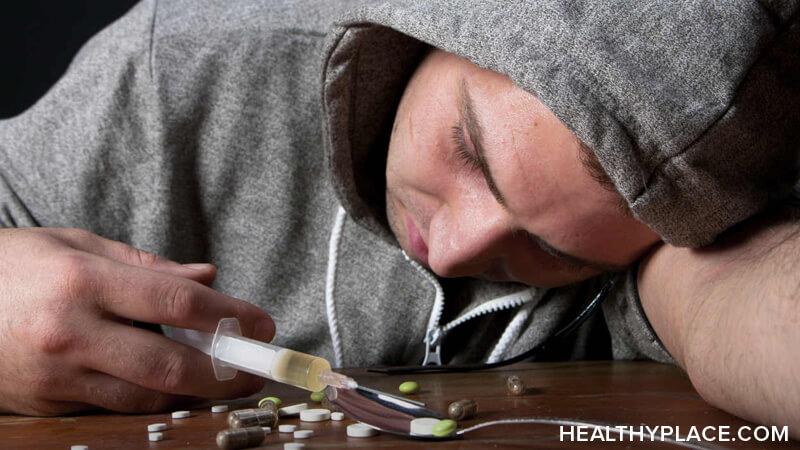Spreading Drug Addiction Stigma Does Not Help People Recover

The stigma surrounding drug addiction can be just as pervasive as drug addiction itself. It's important to realize that spreading drug addiction stigma doesn't address the overall issue of drug addiction or to people recovering from the illness.
Social Media Contributes to the Spread of Drug Addiction Stigma
There's been a disturbing trend in my community where people are taking and sharing videos of others that appear to be under the influence of drugs and behaving strangely in public ("Effects of Drug Addiction (Physical and Psychological)"). The videos have been posted and shared on Facebook pretty extensively, a few even having been set to music. Each of these videos has rude and stigmatizing comments. Each of them has complaints about the existing drug epidemic in the area.
My thoughts when I see these videos are always the same: what is this supposed to accomplish? Well done, you've singled ou a person who may be struggling with addiction and put them on display like a circus act. You complain about addiction and "druggies," "junkies," and "meth-/crackheads," but do nothing more than laugh as if the problem were a spectacle, not something that can be addressed and treated. This does nothing to help a person move toward recovery or address the larger issue of drug addiction.
It brings me back to something I wrote a while ago about dehumanizing people with addiction. People don't seem to see people struggling with addictions as humans, but rather as creatures to observe from a "safe distance" and berate.
3 Tips to Reduce Drug Addiction Stigma and Help Those Struggling
The fact that this kind of thing happens indicates to me that people quite simply don't know what to do in these situations. Contributing to stigma is easy because it removes any responsibility of doing something productive from the person spreading it. Here are three things you can do instead of reacting negatively and spreading stigma of drug addiction.
- Call for help, don't hit record. Calling emergency services is much more efficient than taking a video for social media. Emergency services are trained to help these people and handle these kinds of situations, including being able to point the individual in the right direction for help and resources.
- Encourage local politicians to do more about drug addiction issues in the community. I feel these situations often arise because of a lack of resources for the things that lead people to struggle with drug addiction and getting help. Poverty, lack of drug addiction treatment, long wait times, and many more factors can contribute to why the issues remain. Yes, they're difficult to address, but that doesn't mean we shouldn't try.
- Volunteer. Whether it's at support centers or in some other way, contributing to the solution if you can is worlds better than recording an individual during his or her struggle and posting it for people to laugh at.
What it comes down to for me is this: the people who continue to spread stigma for drug addiction and complain about it being an issue in the community rarely do much more than post about it on social media. As if the problem is supposed to fix itself and people are magically going to get better from being shamed.
To strive to reduce drug addiction and help people recover, we need to take it upon ourselves to positively shape the way people view and react to those who need assistance.
APA Reference
Barton, L.
(2019, July 15). Spreading Drug Addiction Stigma Does Not Help People Recover , HealthyPlace. Retrieved
on 2025, December 12 from https://www.healthyplace.com/blogs/survivingmentalhealthstigma/2019/7/spreading-drug-addiction-stigma-does-not-help-people-recover
